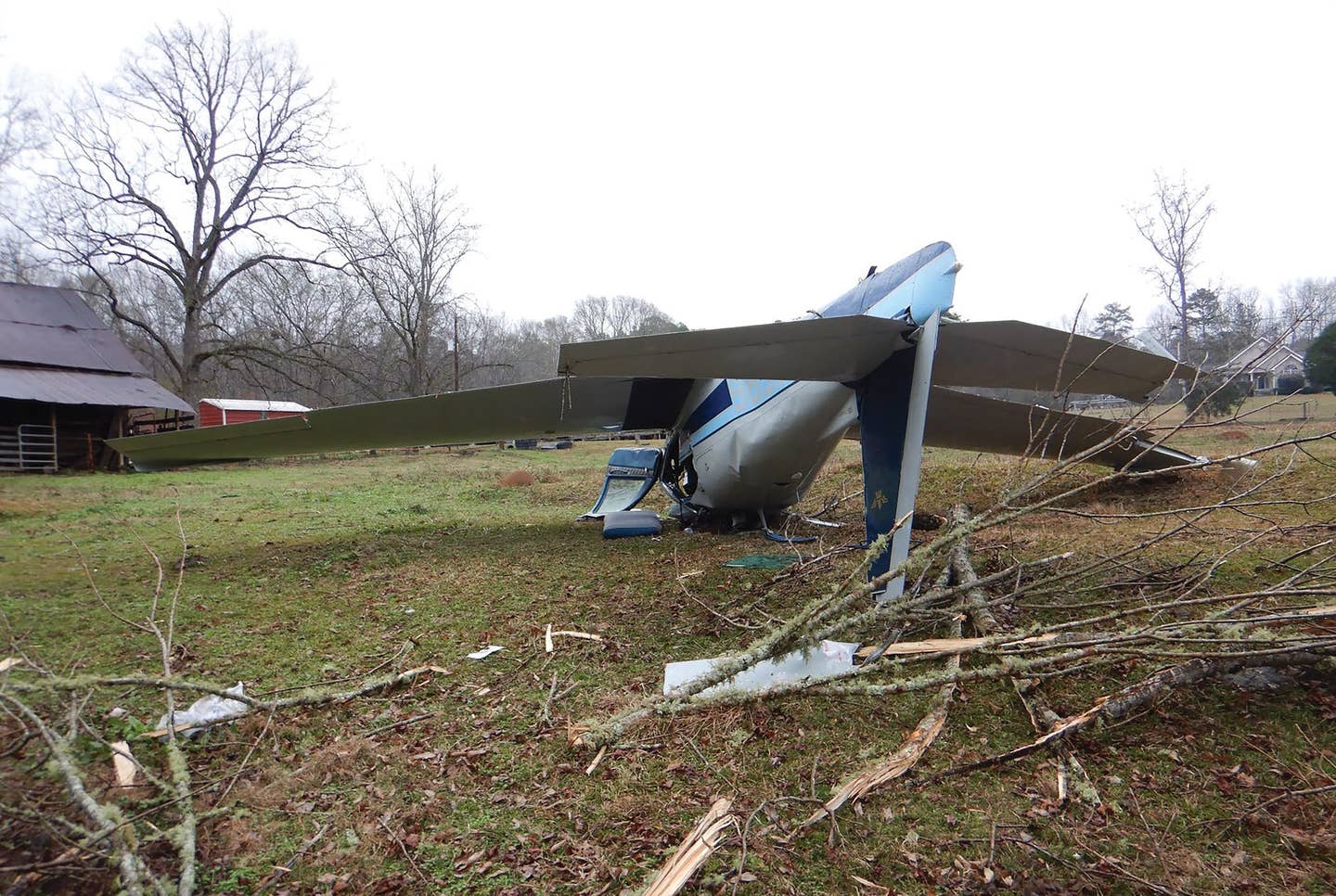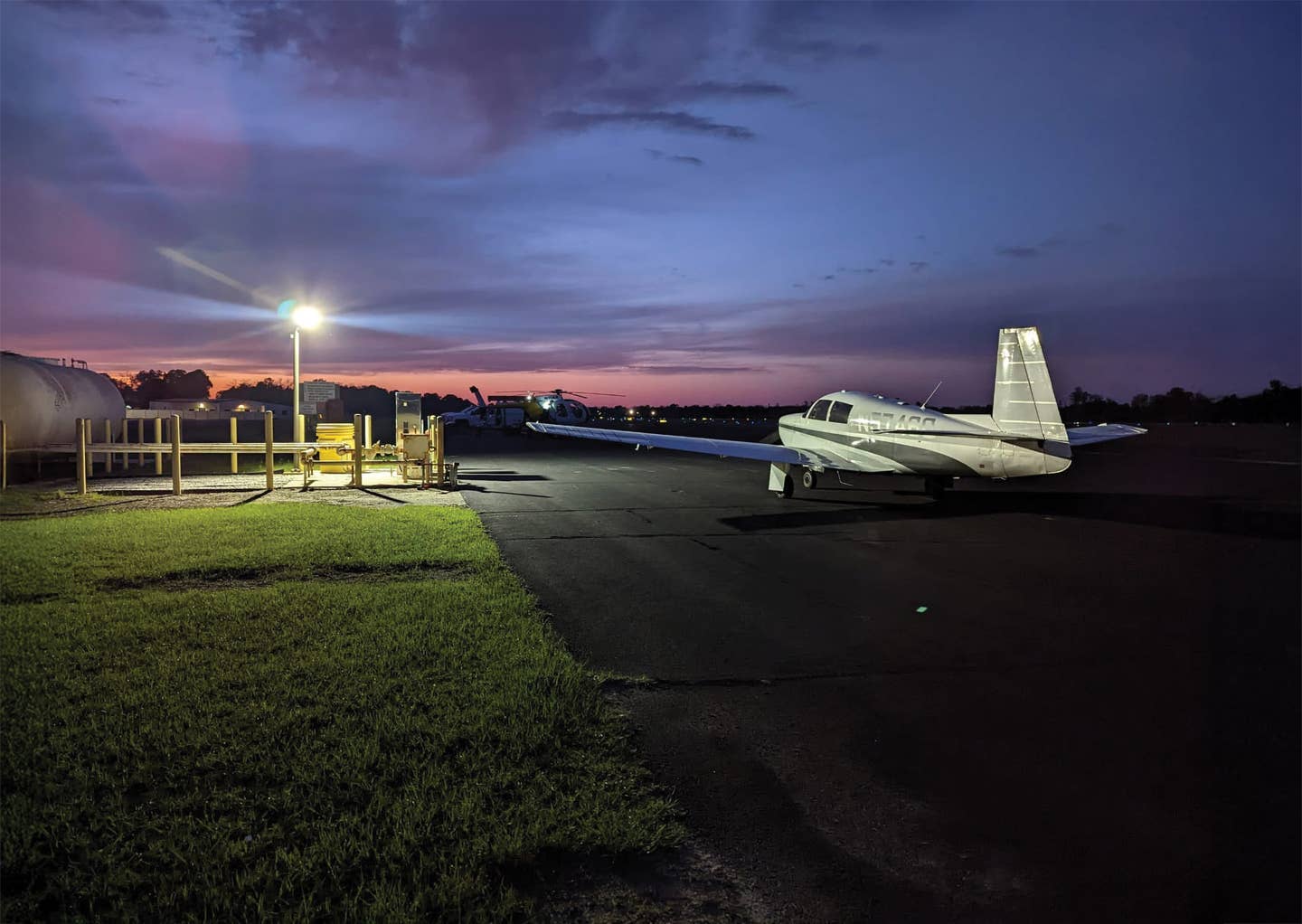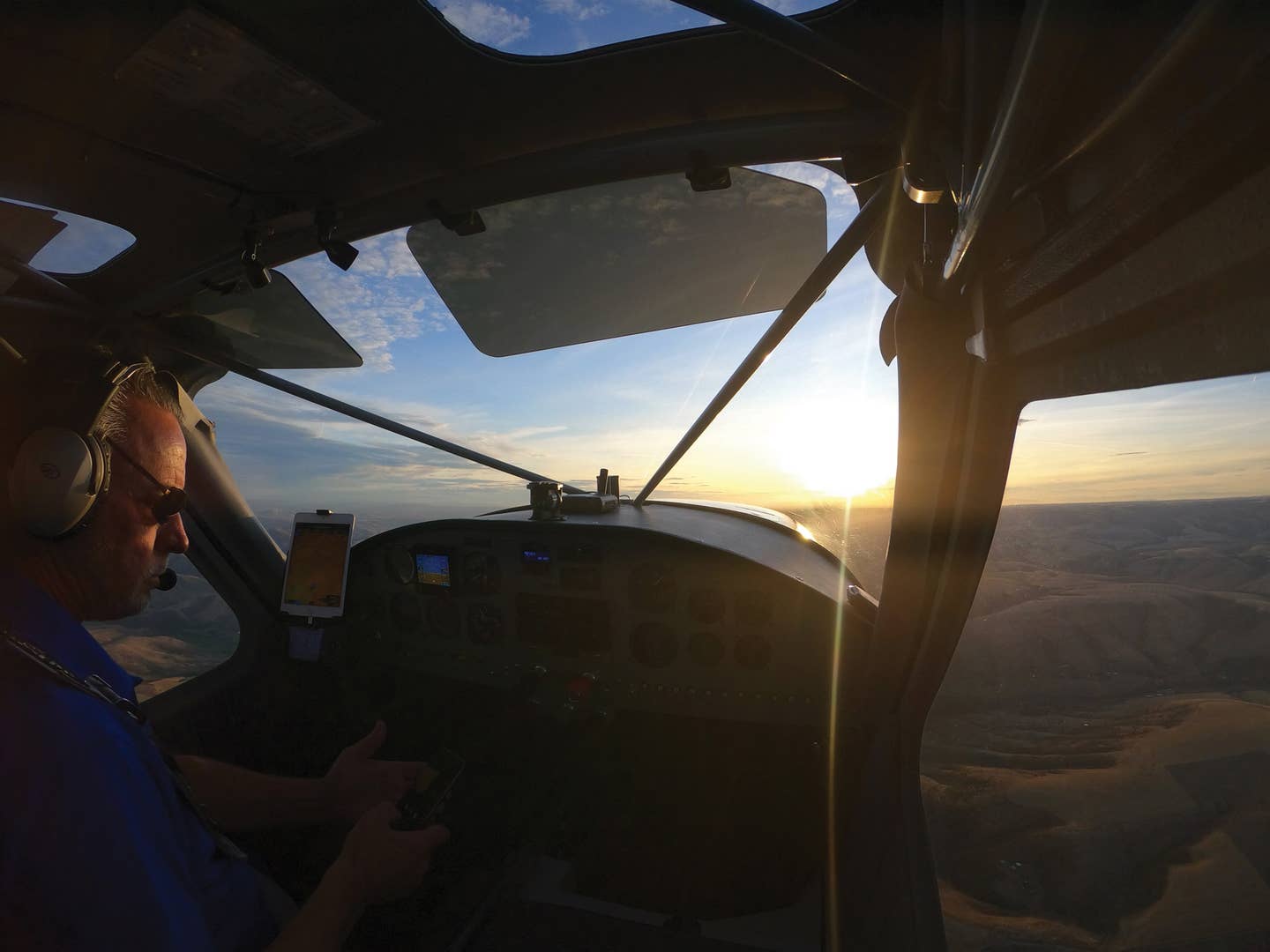Despite Pleas From DoD, FCC To Okay GPS-Competing Frequencies For 5G
The Department of Defense’s concerns are dismissed. What’s happening? How bad could it be?
Who doesn't like great Internet? Right? New 5G networks promise high data speeds and bandwidth even far from civilization. That would be great, I think we'd all agree. And that's the pitch that Ligado Networks, which owns a slice of the spectrum pie in the L-Band, says its frequencies would allow when tacked on to existing cellular infrastructure---okay, "tacked on" might be an oversimplification, but you get the idea.
Oh, back to the original question, who wouldn't like that? The answer is, the Department of Defense, which is concerned that the L-Band frequencies, which buddy up to GPS spectrum addresses, would have a detrimental impact on global positioning accuracy.
Their concerns sound valid. The way GPS works, and again forgive the oversimplification, is by knowing where satellites are out there in orbit, then calculating the distance of the satellites based on how long their signals take to get the earth's surface and then triangulating the whole mess into a very accurate position.
Those GPS signals, as you might know, are quite weak, like a sedate Mozart cello piece (this is going somewhere, I promise). Fortunately, GPS and its sensitive little chamber music signals are situated smack dab in the middle of the L-Band, where they don't currently have close neighbors. Should neighbors move in, however, and should they turn their stereos way up to get the most out of their Aerosmith CDs, the GPS signals, the DoD warns, could get overrun by Steven Tyler's screeches. Remember, too, that GPS signals originate in space, unlike cellular signals and guitar solos, which originate from right here on terra firma.
Ligado has owned this spectrum for a decade, and it admits that some GPS with poor quality filtering, mostly older models, it claims, might be affected, so it wouldn't be that big a problem, it says. The company will also turn down the volume on its equipment operating in spectrums closest to GPS.
And it's not just GPS that could be affected. Experts say that global positioning satellite systems GLONASS and Galileo could be negatively impacted, as well.
Those arguments seemed enough for the FCC chair Ajit Pai to issue an order granting permission for Ligado to move in to the L-Band. Industry insiders say that the commission has the votes to approve the move despite the concerns raised by DoD and others.
So what will this mean to your GPS reception? That might be a matter of what equipment you have. And it might come down to a simple equation: The newer your equipment, the better off you'll be, making right now an even better time to upgrade your panel.

Subscribe to Our Newsletter
Get the latest Plane & Pilot Magazine stories delivered directly to your inbox






